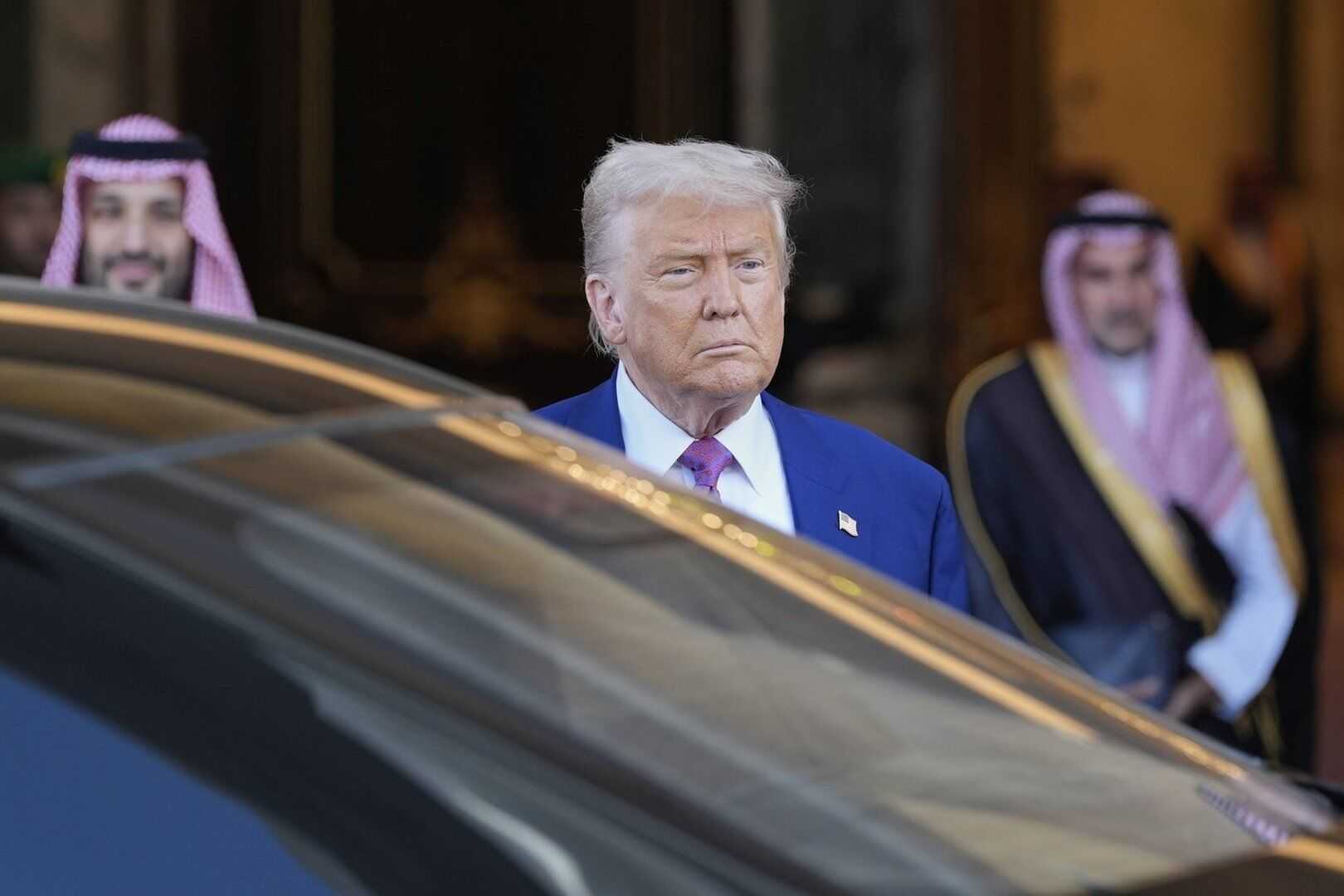World
New Syrian President Seeks U.S. Normalization in Bid for Aid

Damascus, Syria – Syrian President Ahmad al-Sharaa has initiated groundbreaking talks with the United States in an effort to normalize relations and stabilize his war-torn country. In a meeting on April 30, al-Sharaa discussed potential concessions with a U.S. delegation led by businessman Jonathan Bass and Mouaz Moustafa of the Syrian Emergency Task Force.
The talks come at a critical time as Syria faces a looming financial crisis, exacerbated by thirteen years of civil war and strong U.S.-led sanctions. Al-Sharaa, who ascended to power in December following the ousting of Bashar al-Assad, is keen to win support from Western nations.
According to Bass, Saudi officials are facilitating a potential meeting between al-Sharaa and President Donald Trump next week in Riyadh, coinciding with a U.S. delegation that is expected to sign significant trade and arms agreements with Saudi leaders. An encounter between the two leaders could mark a pivotal shift in Syria’s foreign relations.
Moustafa revealed that al-Sharaa believes Trump is a “God-sent man of peace” and has authorized his delegation to propose a sweeping deal. The Syrian president is eager for American companies to invest in oil and gas resources and assist in reconstruction efforts, with a specific mention of AT&T as a preferred partner.
The potential agreement includes pledges from Syria to continue combating groups like ISIS and Al Qaeda while fostering increased intelligence-sharing with U.S. forces. Additionally, there are indications that the new regime may clamp down on Palestinian militant groups linked to Iran.
Al-Sharaa has expressed openness to normalizing relations with Israel if conditions are right. Despite recent Israeli airstrikes, including one near his presidential palace, he has reportedly engaged in indirect talks aimed at stopping these attacks, facilitated by the United Arab Emirates.
Accompanying these diplomatic overtures, the U.S. government recently allowed a sanctions exemption permitting Qatar to aid Syria with $29 million, facilitating minimal government functionality amidst widespread poverty and chaos.
The prospect of lifting U.S. sanctions under the Caesar Act remains a key issue for al-Sharaa’s assertions of potential benefits from a partnership with the U.S. He and his allies argue that current sanctions are punitive against civilians rather than the former regime.
While ongoing sectarian violence and internal struggles plague Syria, al-Sharaa’s administration seeks to navigate these issues amid international scrutiny. Only time will tell if these efforts will help stabilize Syria or if al-Sharaa can successfully engage the U.S. for a robust reconstruction partnership.












